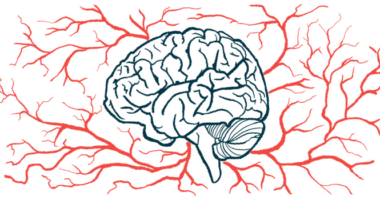Psychological Support for Patients and Families Affected by Pompe Disease

The diagnosis of a chronic, progressive disorder such as Pompe disease for yourself or a family member can be life-altering. Psychological support can help reduce the added stress and negative emotional impact of such a diagnosis on you and your family.
The following will provide some information about the types of support available.
Why is psychological support important?
A Pompe disease diagnosis can trigger feelings of fear, grief, denial, and possibly anger for you and your family. Psychological support can help you come to terms with the diagnosis and the way that it will change your life and your family’s lives.
The added responsibility of caring for an individual with Pompe also can cause stress and frustration. It is important to learn how to productively work through any problems that may arise, both for your relationships and for your physical and mental health.
Being a caregiver can be very stressful and can result in depression, anxiety, and a weakened immune system. These can make you more prone to infections, excess weight gain, and chronic illnesses such as heart disease or diabetes.
Where can my family and I find help?
There are a number of different places that you and your family can turn to for support.
Support groups
Many patient organizations offer their own support group or have connections with disease-specific support groups. These can provide helpful support and networking opportunities for both patients and caregivers. Being able to share stories and swap tips with other people in similar situations can help you feel less alone and potentially provide you with helpful tips and information. Your physician or hospital may be able to recommend support groups that meet in person or virtually.
Individual or family counseling
You also should consider getting help from a professional counselor. These trained professionals can offer strategies that can help you deal with the diagnosis and any feelings that come with your new role as a patient or caregiver. Counseling also can be done as a family to help establish and keep open communication between family members about feelings they have and how to express those feelings constructively with each other.
Other forms of psychological support
Psychological support also may come from extended family and friends. Spending quality time with other people can help improve your mood and reduce your stress levels.
Taking time for yourself and using meditation or mindfulness exercises also can help support your psychological wellbeing.
Last updated: Dec. 22, 2020
***
Pompe Disease News is strictly a news and information website about the disease. It does not provide medical advice, diagnosis, or treatment. This content is not intended to be a substitute for professional medical advice, diagnosis, or treatment. Always seek the advice of your physician or other qualified health provider with any questions you may have regarding a medical condition. Never disregard professional medical advice or delay in seeking it because of something you have read on this website.






